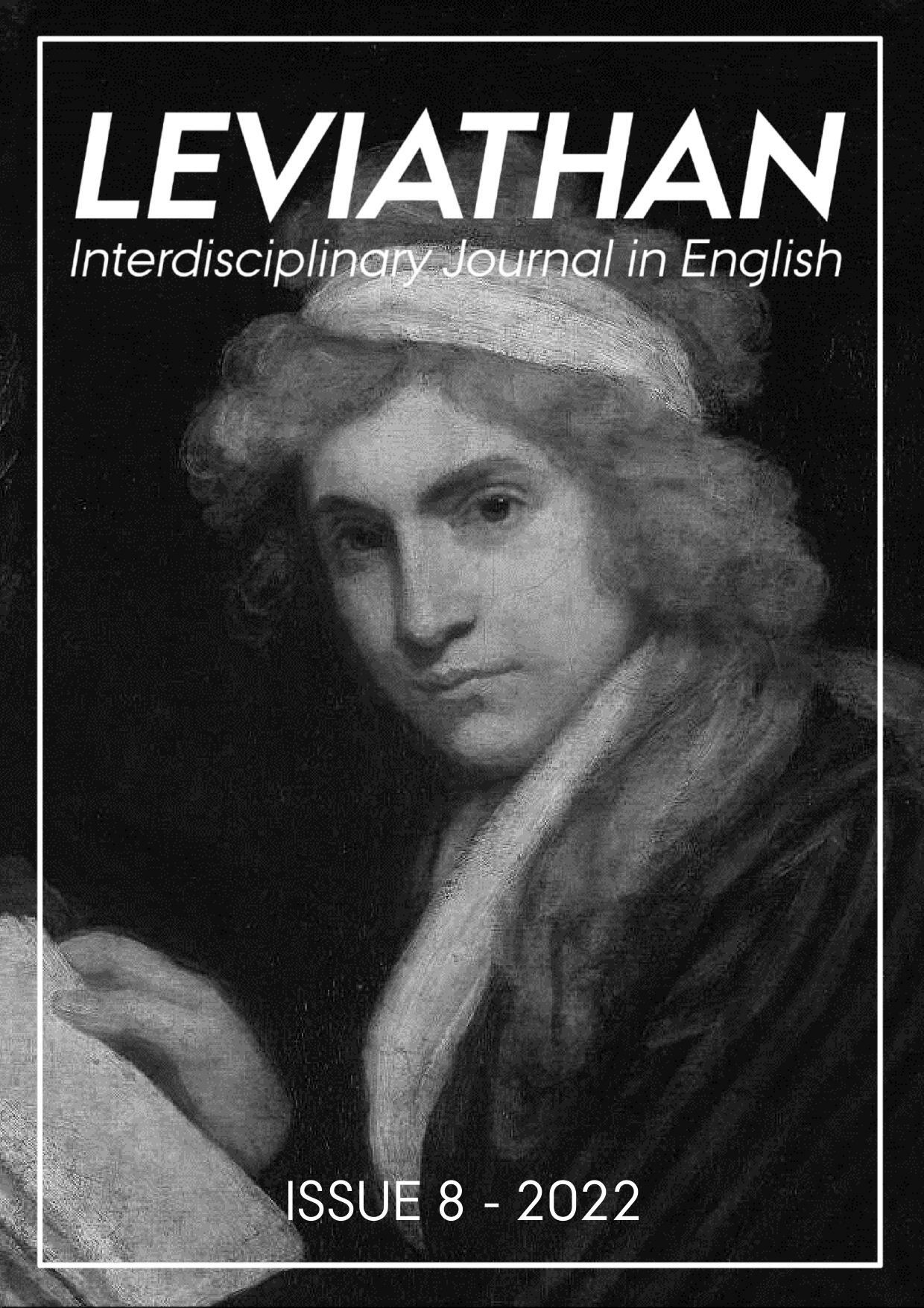Making Aliens of Us
Self-Serving Vegetarianism in Percy Bysshe Shelley’s ‘A Vindication of Natural Diet’ and Desmond Stewart’s ‘The Limits of Trooghaft’
DOI:
https://doi.org/10.7146/lev82022132070Keywords:
vegetarianism, nature, aliens, philosophy, morality, Beyond Humanity: Humans, Animals, and Identity from Cartesianism to PosthumanismAbstract
In the first half of the nineteenth century, before Charles Darwin had made even a ripple in Western philosophy, one question seemed to be clattering its way through the minds of many: where is the human place in the natural world? If we were to imagine this role as a walking path laid down by nature long ago, then the humans (or human-representatives) in Percy Bysshe Shelley’s ‘A Vindication of Natural Diet’ and Desmond Stuart’s ‘The Limits of Trooghaft’ have long since strayed from the road. Shelley reveres vegetarianism as a return to a natural diet with the power to resolve this philosophical question, which is a self-indulgent form of vegetarianism that Stewart has no problem mimicking with mocking intent. Drawing upon the irony and anthropocentricism of his genres, Stewart presents an inwardly focused vegetarianism that only succeeds at leading humans as far from nature’s path as alien invaders.
References
Deleuze, Gilles. Francis Bacon: The Logic of Sensation. Translated by Daniel W. Smith, Continuum, 2005.
Howe, Anthony. “Shelley and Philosophy: On a Future State, Speculations on Metaphysics and Morals, On Life.” The Oxford Handbook of Percy Bysshe Shelley, edited by Madeleine Callaghan and Michael O’Neill, Oxford University Press, 2013, pp. 100–16. Oxford Handbooks Online. doi:10.1093/oxfordhb/9780199558360.013.0007. Accessed 14 Dec. 2021.
Jones, Michael Owen. “In Pursuit of Percy Shelley, ‘The First Celebrity Vegan’: An Essay on Meat, Sex, and Broccoli.” Journal of Folklore Research, vol. 53, no. 2, 2016, pp. 1–30, doi:10.2979/jfolkrese.53.2.01. Accessed 13 Dec. 2021.
Marshall, Dan. “Writing the Postmodern Short Story.” Terminus Magazine, vol. 4/5, 2004, pp. 69–76. Humanities International Complete, web-p-ebscohost-com.uoelibrary.idm.oclc.org/ehost/pdfviewer/pdfviewer?vid=2&sid=4403fc50-5bd5-4a97-b7db-219578efdf12%40redis. Accessed 14 Dec. 2021.
Oerlemans, Onno. “Shelley’s Ideal Body: Vegetariansim and Nature.” Studies in Romanticism, vol. 34, no. 4, 1995, pp. 531–52. JSTOR, jstor.org/stable/25601140. Accessed 13 Dec. 2021.
Plumwood, Val. “Prey to a Crocodile.” The AISLING Magazine, 2002, aislingmagazine.com/aislingmagazine/articles/TAM30/ValPlumwood.html. Accessed 15 Dec. 2021.
Pordzik, Ralph. “The Posthuman Future of Man: Anthropocentrism and the Other of Technology in Anglo-American Science Fiction.” Utopian Studies, vol. 23, no. 1, 2012, pp. 142–61. Project Muse, muse.jhu.edu/article/474287. Accessed 15 Dec. 2021.
Shelley, Percy Bysshe. “A Vindication of Natural Diet.” The Prose Works of Percy Bysshe Shelley, edited by E. B. Murray, Clarendon Press, 1993, pp. 77–91.
Stewart, Desmond. “The Limits of Trooghaft.” Encounter, Feb. 1972, pp. 3–7. The Unz Review, unz.com/print/Encounter-1972feb-00003/Contents/. Accessed 9 Nov. 2019.
Downloads
Published
How to Cite
Issue
Section
License
Copyright (c) 2022 Leviathan: Interdisciplinary Journal in English

This work is licensed under a Creative Commons Attribution-NonCommercial-NoDerivatives 4.0 International License.
Attribution-NonCommercial-NoDerivatives 4.0 International (CC BY-NC-ND 4.0)
You are free to share (copy and redistribute the material in any medium or format).
However:
You may not use the material for commercial purposes.
You must give appropriate credit, provide a link to the license, and indicate if changes were made. You may do so in any reasonable manner, but not in any way that suggests the licensor endorses you or your use.
If you remix, transform, or build upon the material, you may not distribute the modified material.
You may not apply legal terms or technological measures that legally restrict others from doing anything the license permits.





